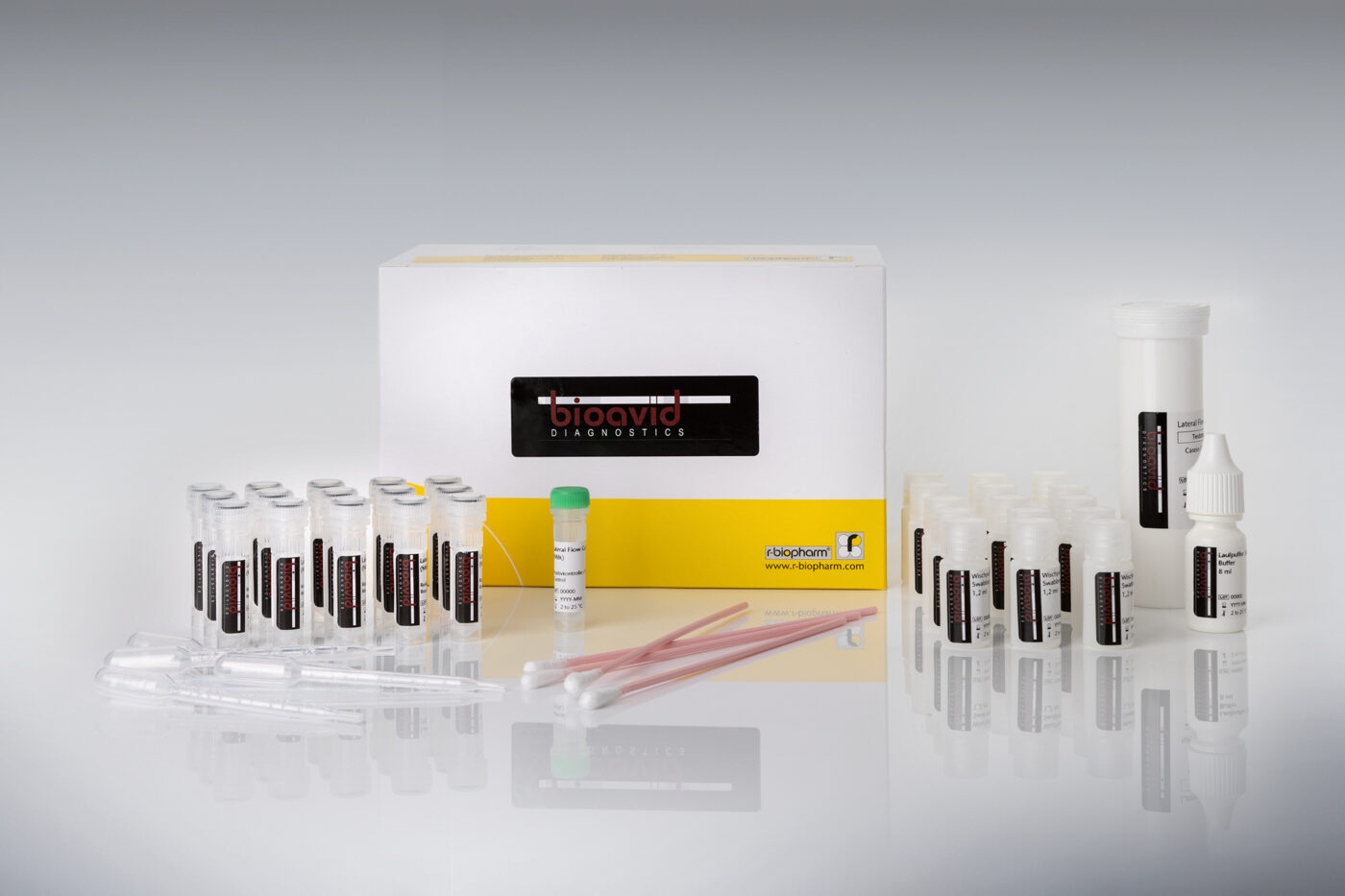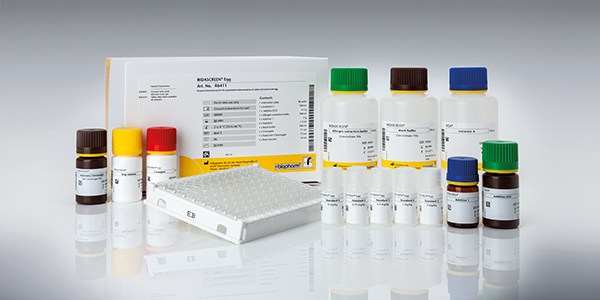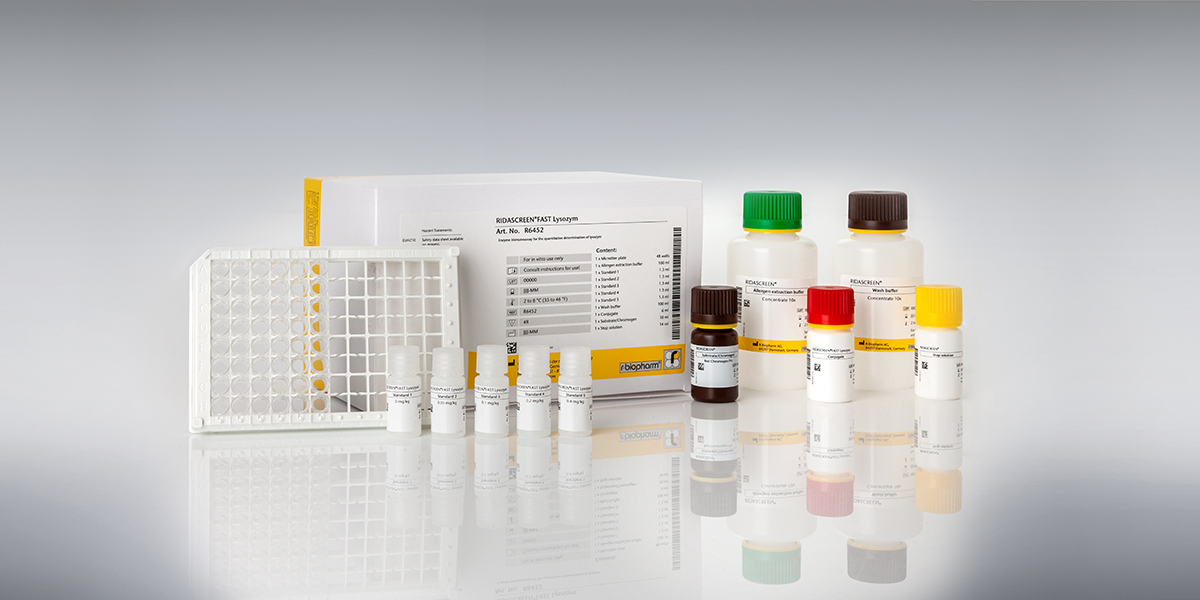
Recent news in Food & Feed Analysis
7 things in your Easter Egg you didn’t know were there

Colorfully painted eggs are an essential part of the Easter festivities, not only in Germany. But what exactly is inside an egg? We started to search and came across 7 interesting egg constituents. Do you know them all?
1. Lecithin
Egg yolk is rich in lecithin, which is a chemical compound allowing fat and water to mix (“emulsify”). This improves the consistency of bakery products, sauces and other foodstuffs. Lecithin can be extracted from eggs and soy, and is therefore often used as an additive, indicated as „E 322“ or „emulsifier lecithin“.
2. Carotenoids
Mostly associated with carrots, carotenoids are also responsible for the yellowish to reddish color of the egg yolk. These pigments make the egg look appetizing – and there’s more: Referred to as so-called antioxidants, they protect against eye cataracts, among other things. The color intensity of the yolk can be influenced by feeding the hens corn, green vegetables or paprika.
3. Amino acids
You probably know that eggs are very rich in protein. Proteins consist of amino acids, some of which are essential and play an important role in the formation of bones, muscles and skin. Chicken eggs boast all 8 amino acids which are essential for humans: Valine, Methionine, Leucine, Isoleucine, Phenylalanine, Tryptophan, Threonine and Lysine.
4. Omega-3 fatty acids
An egg contains around 5 grams of fat, 30 mg of which being valuable Omega-3 fatty acdis. These are essential for human nutrition and are attributed with various positive effects, including the reduction of the risk of heart diseases and the support of brain function.
5. Cholesterol
This fat-like substance, which is present in all animal cells, performs important functions in the body and is vital for humans. However, high cholesterol levels in the blood increase the risk of heart diseases. Anyone with high cholesterol levels should therefore avoid cholesterol-rich foods – and this includes eggs. Since one egg contains around 200 mg of cholesterol, it is recommended to eat no more than 3 eggs per week.
6. Vitamins
Eggs are real vitamin bombs. Apart from vitamin C, eggs provide all essential vitamins – even vitamin D, which is present in only a few foods. For example, an egg contains on average 0.14 mg of vitamin A, 1.0 mg of vitamin E, 1.7 µg of vitamin D and 0.21 mg of vitamin B2. But there’s more to it than that: Eggs also provide essential minerals and trace elements such as sodium, calcium, magnesium, phosphorus, iron, zinc and selenium.
7. Allergens
Not everyone can tolerate eggs. Particularly in young children, allergies against eggs are quite prevalent. Four out of around 40 proteins present in the egg white trigger the allergic reaction: ovomucoid, ovalbumin, ovotransferrin and lysozyme. In order to protect allergy sufferers, egg must be declared as an ingredient on food labels in the EU and the USA as well as in Australia, Canada and several other countries.



